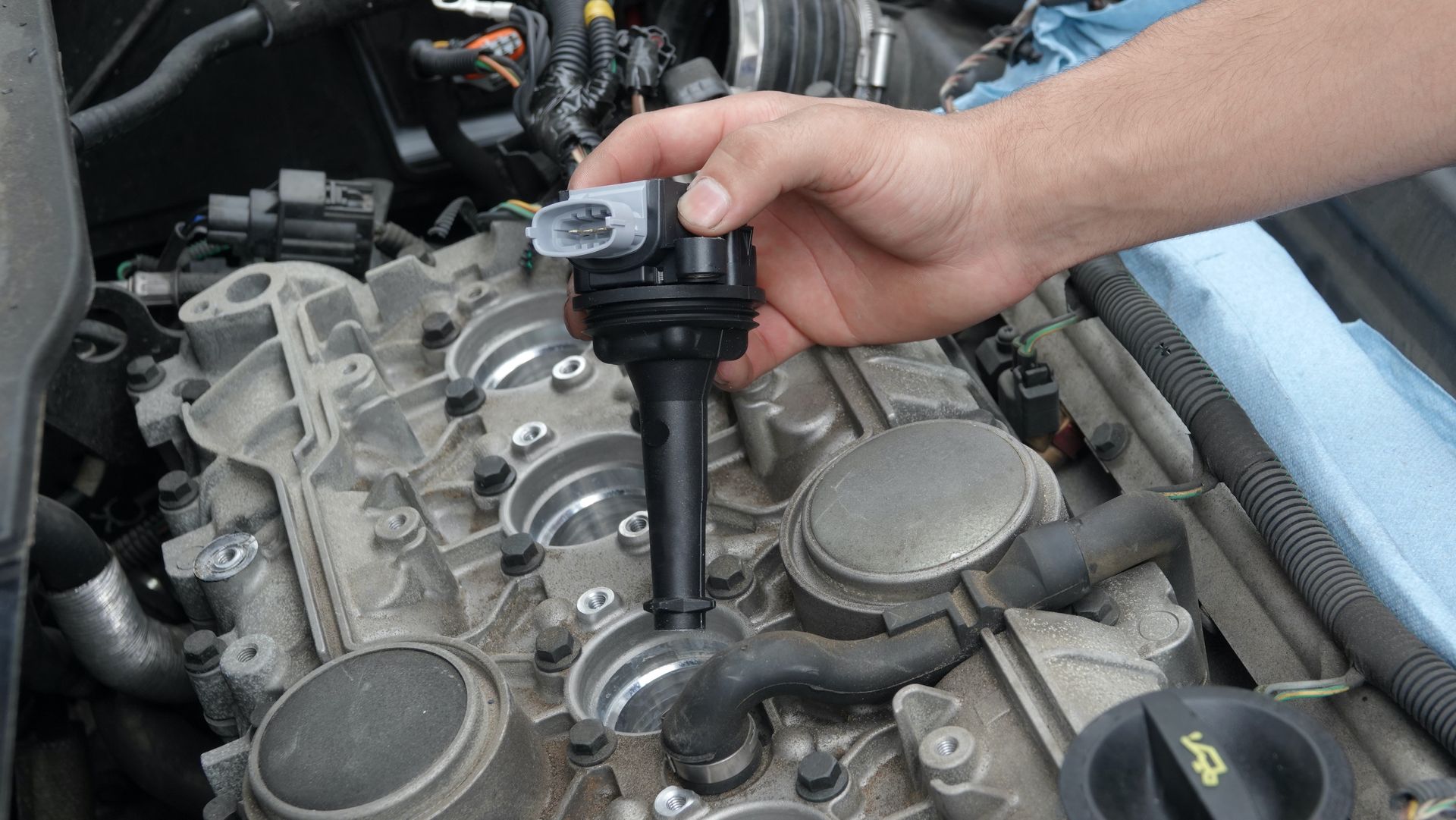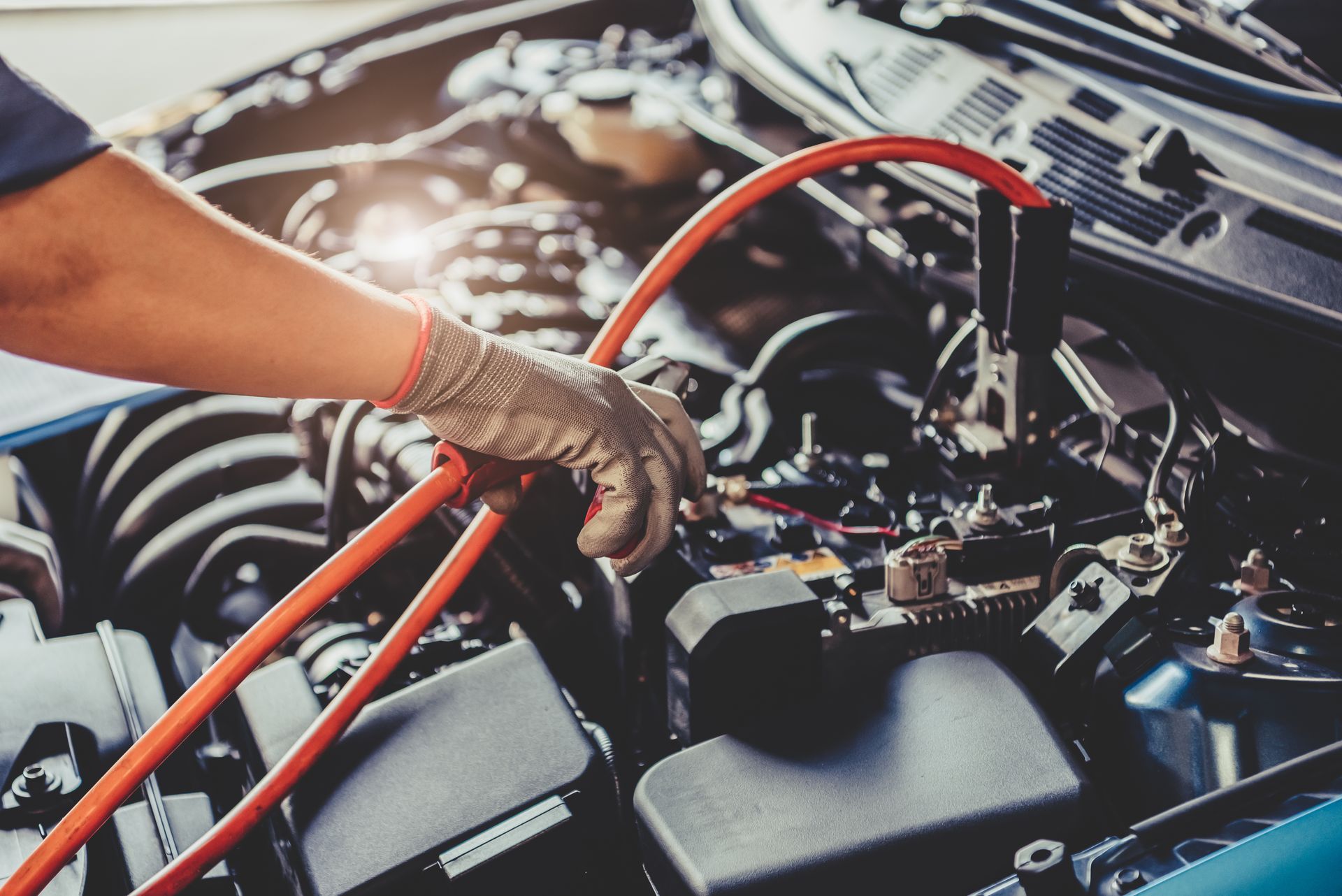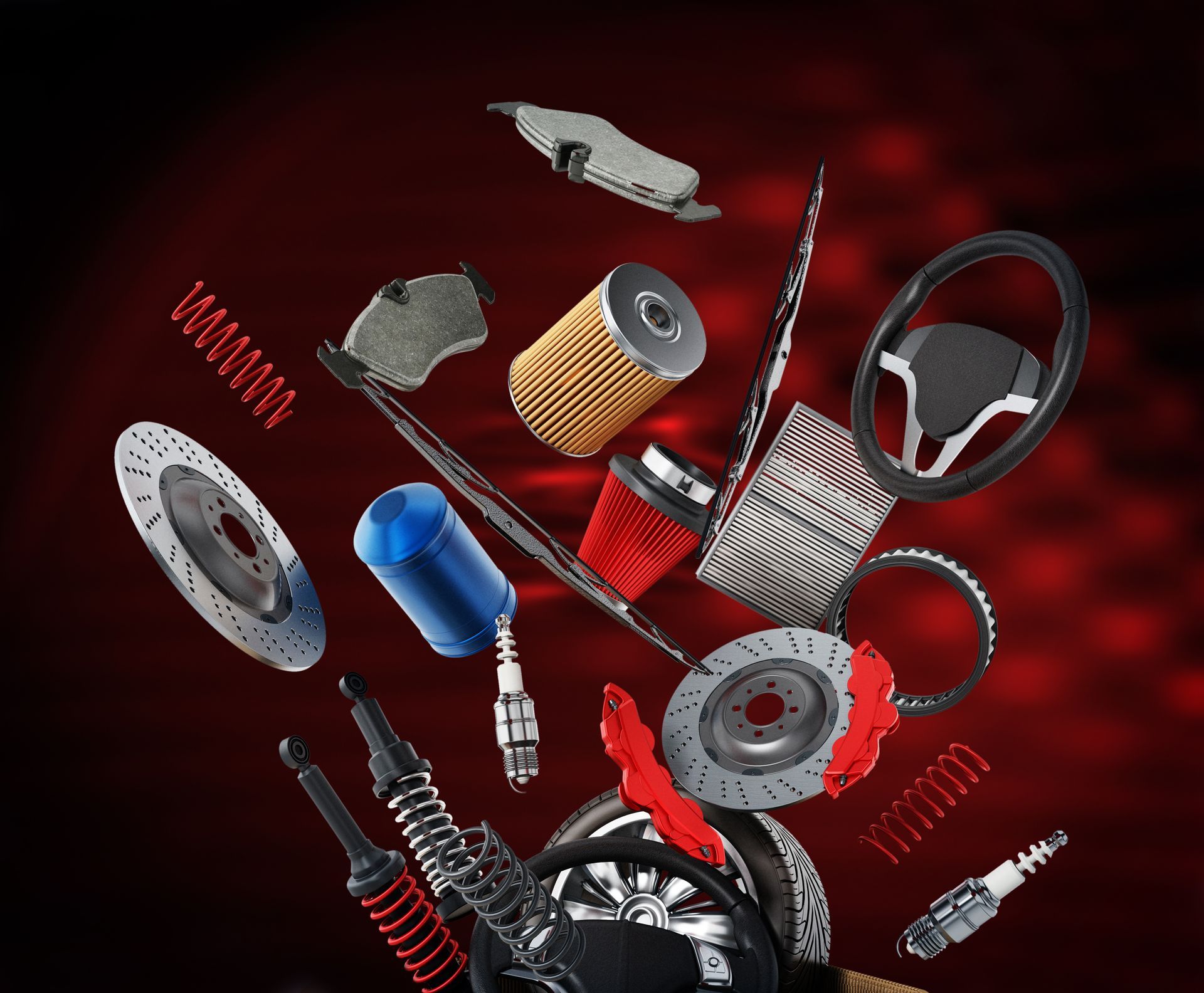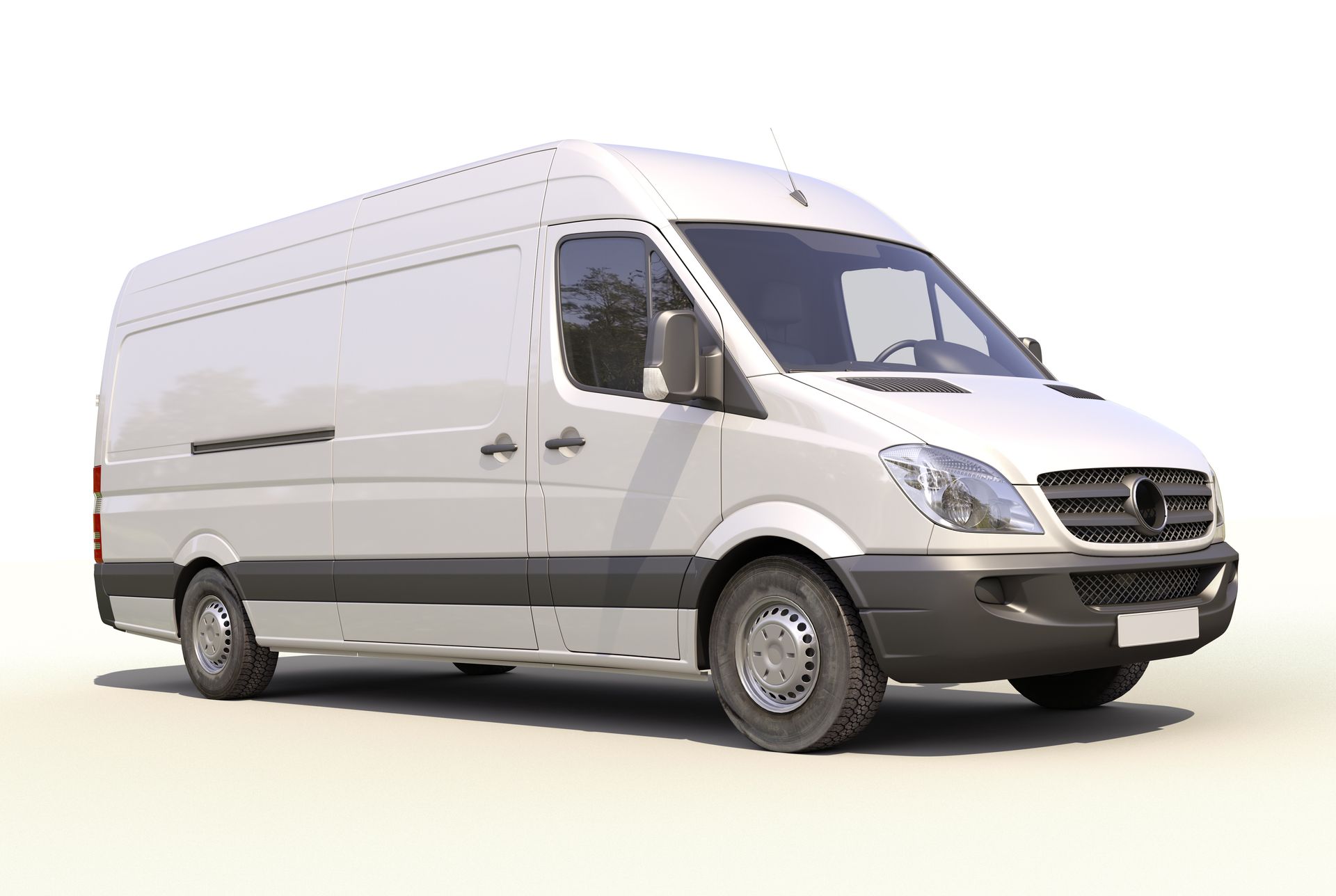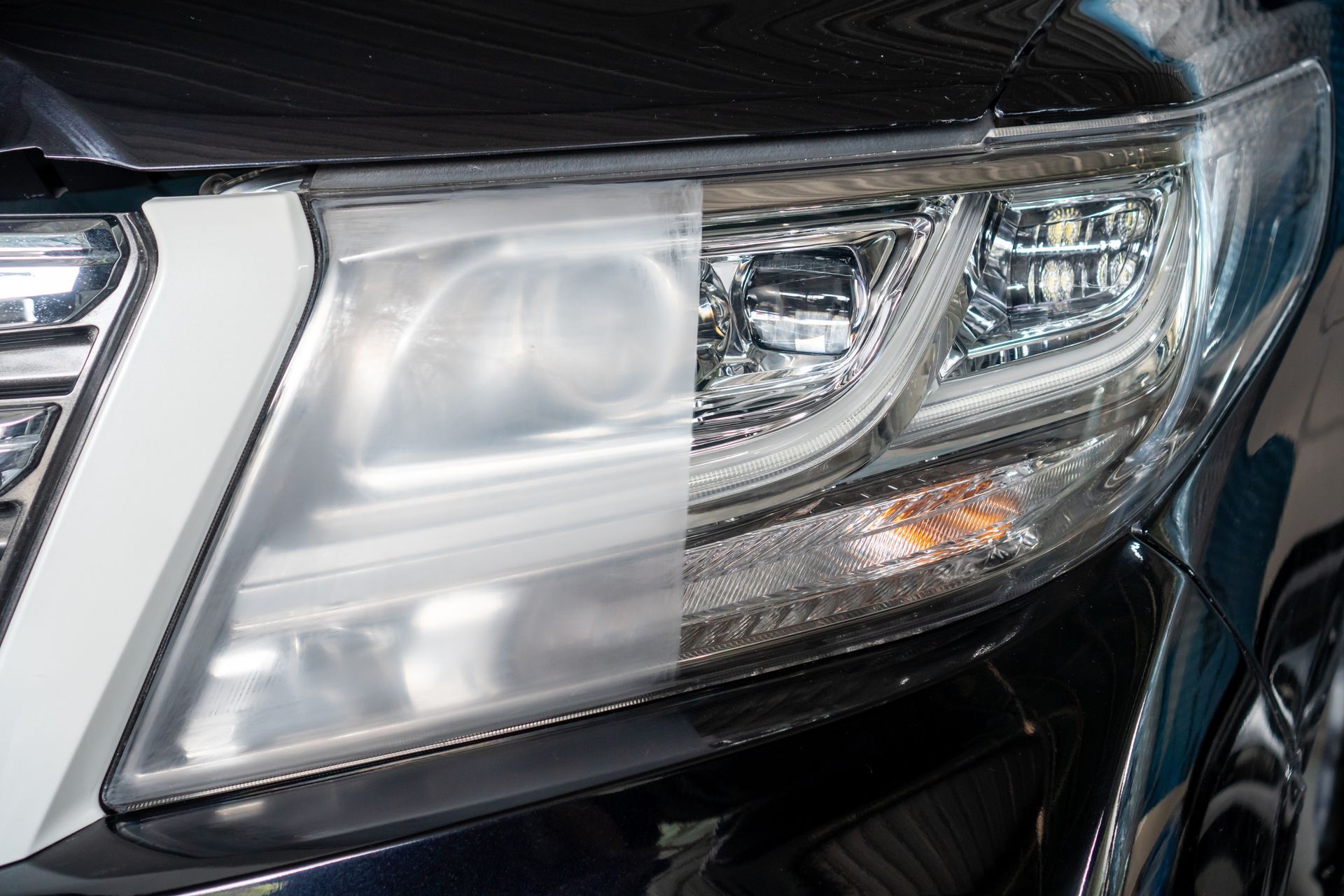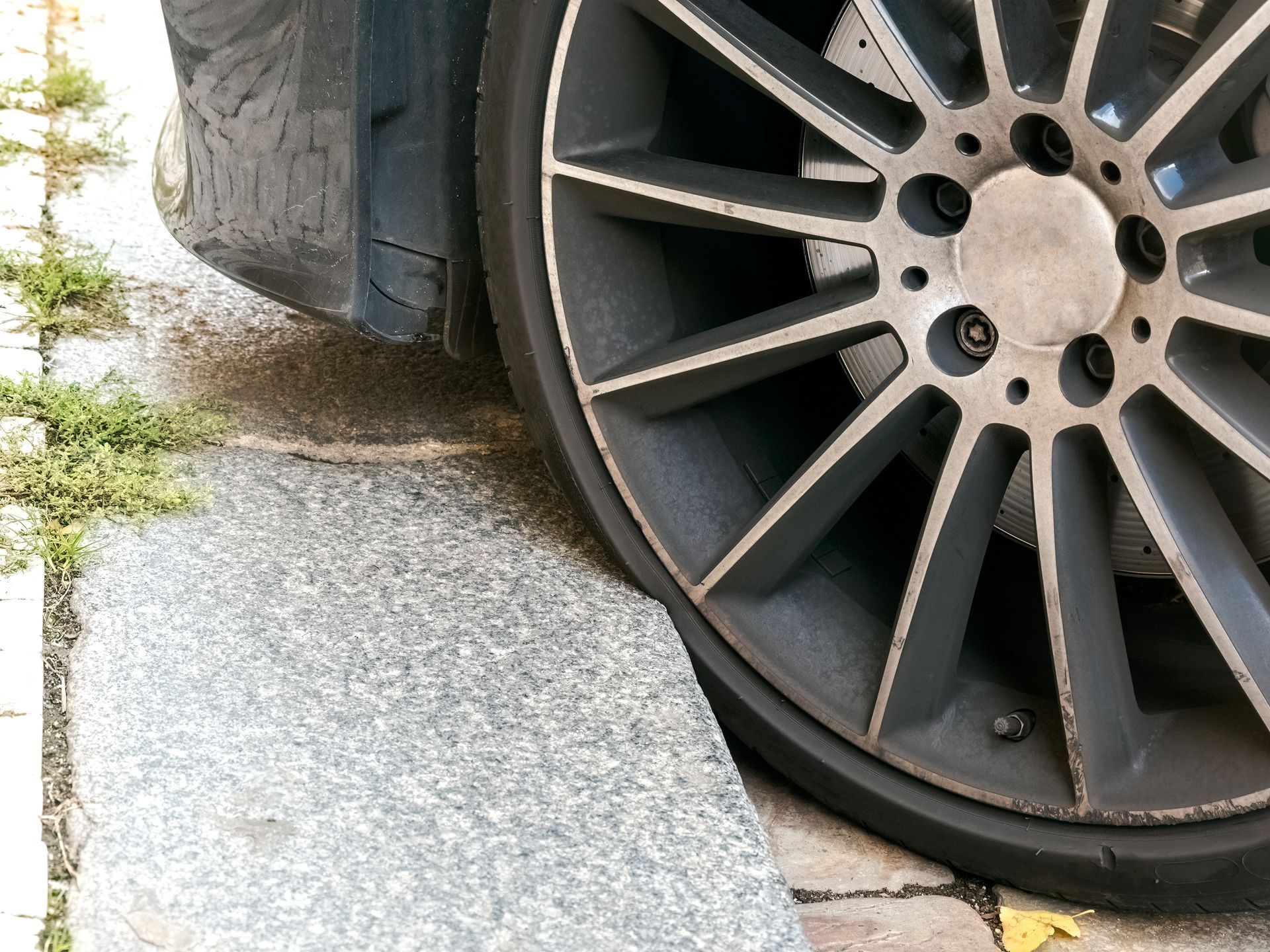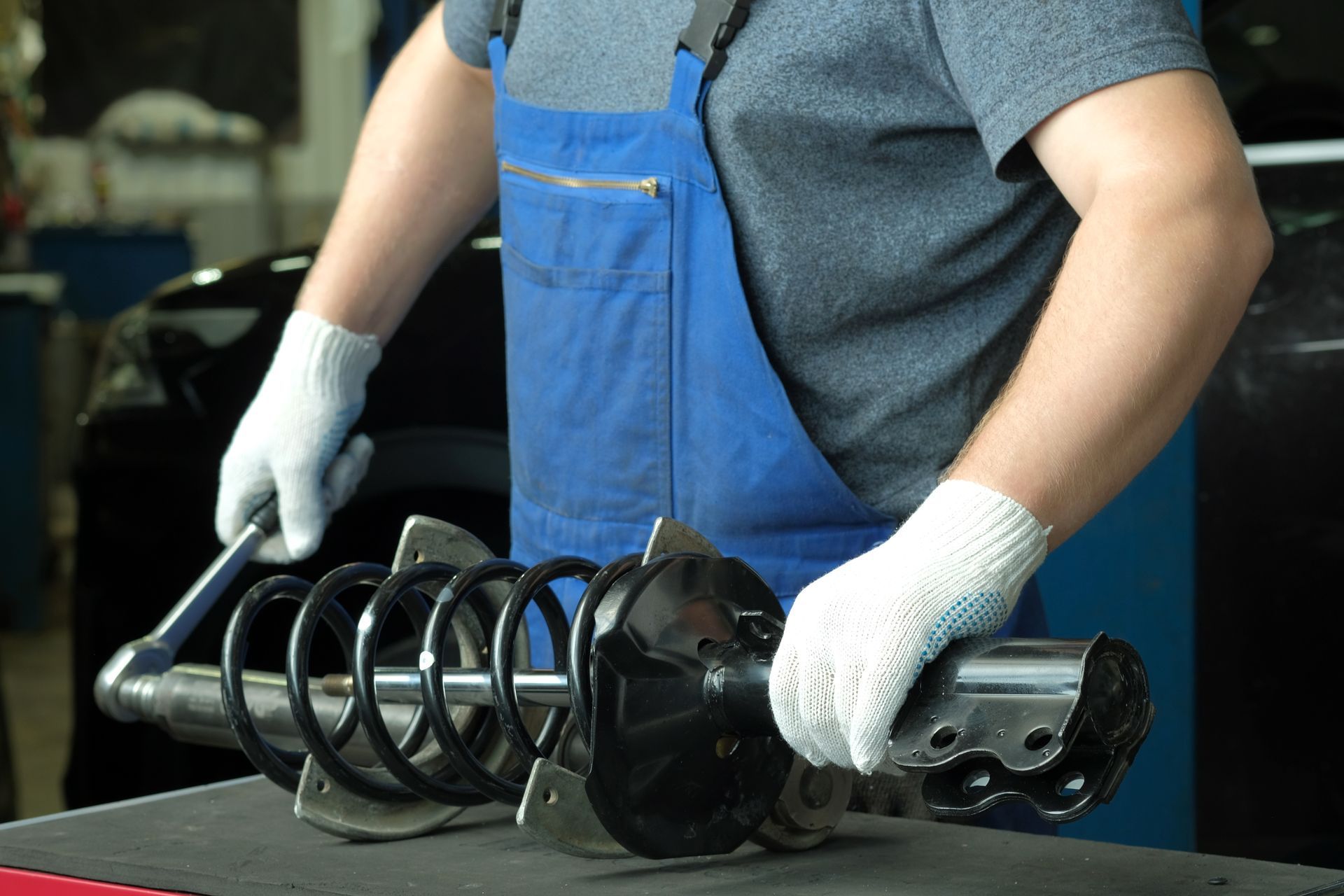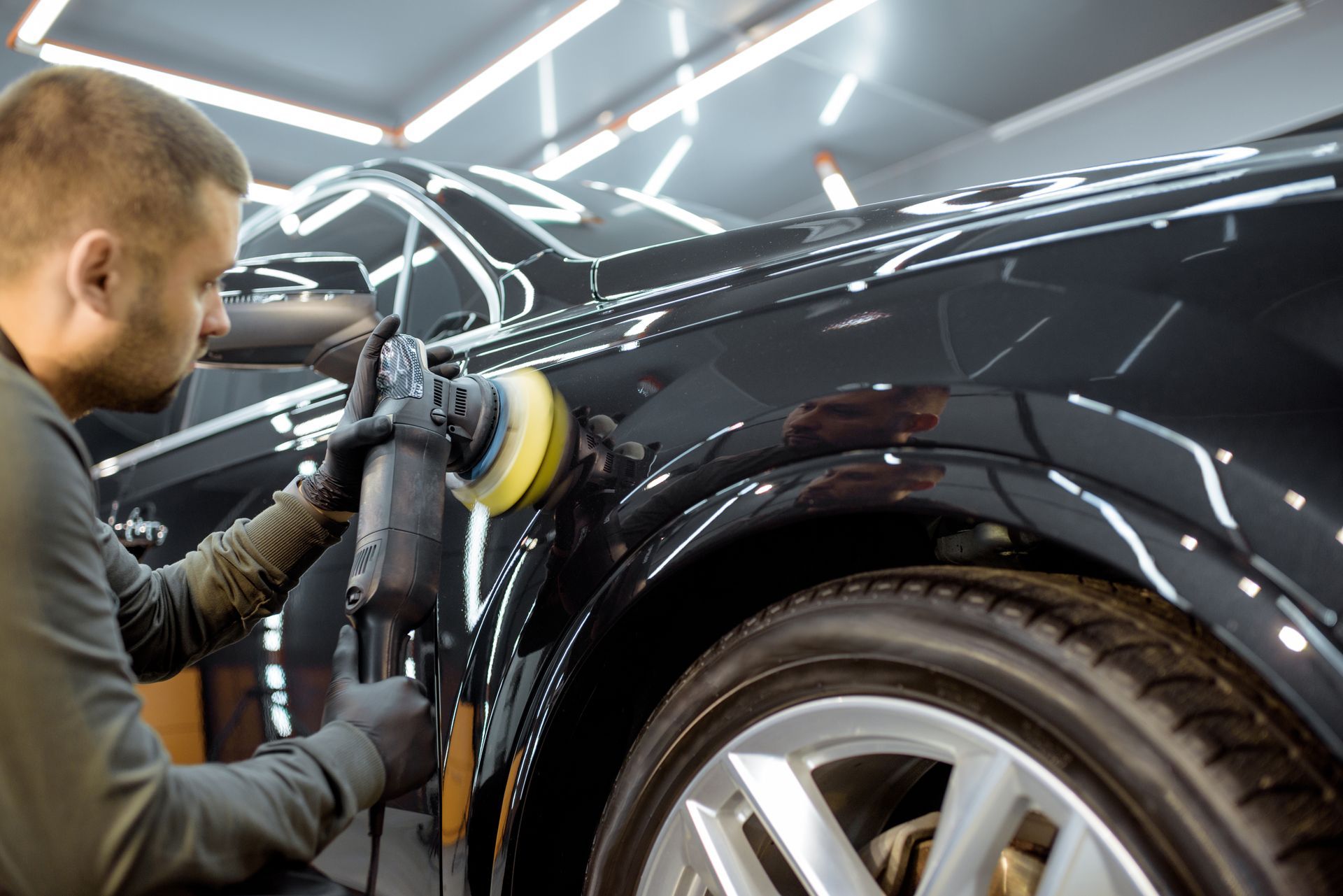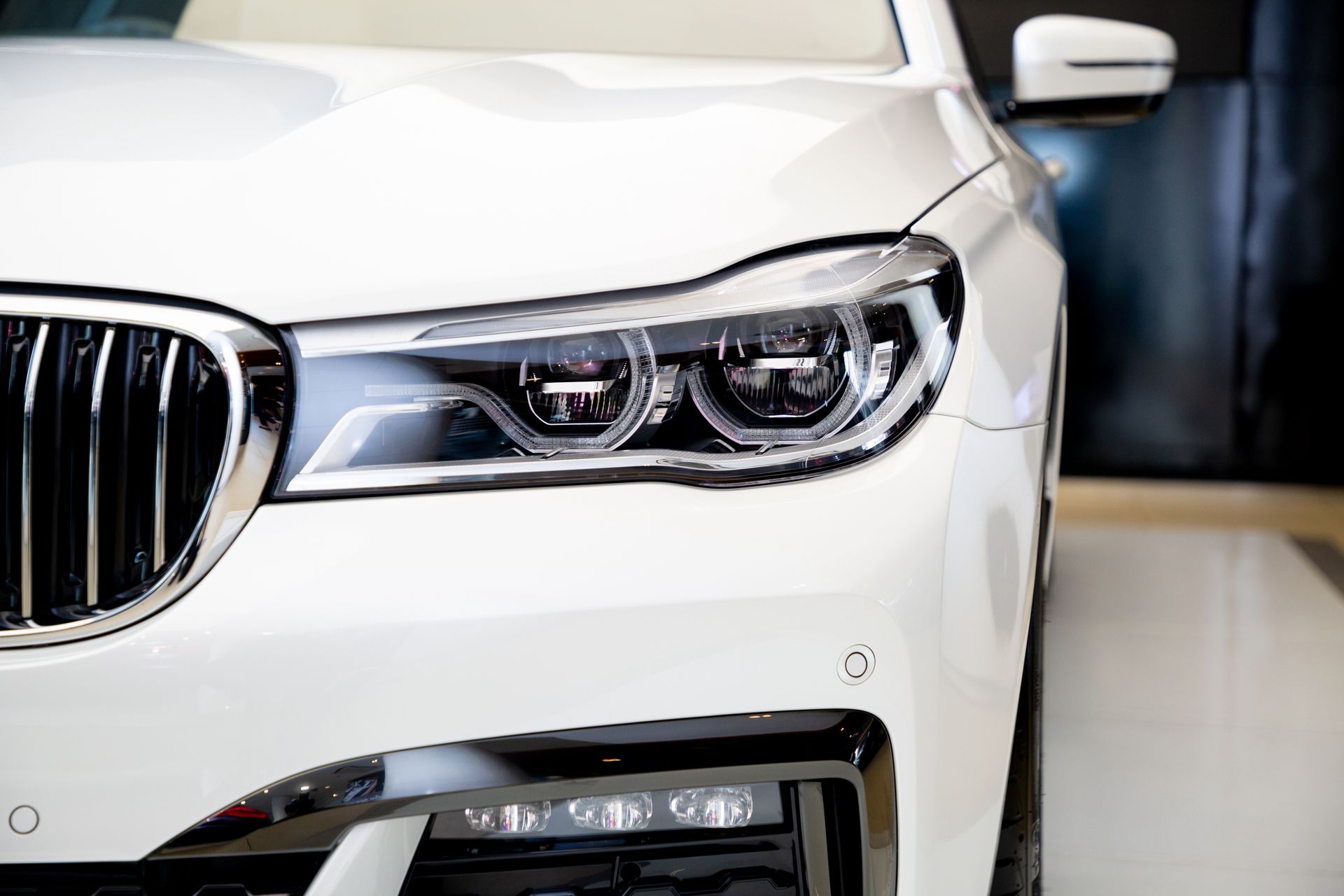As winter approaches, many drivers prepare by bundling up in coats and gloves, but your car also needs protection from the cold. Winterizing your car is an important step in preventing potential breakdowns that can leave you stranded in freezing conditions. From freezing fluids to dead batteries, the winter months can wreak havoc on your vehicle if you're not prepared. But what exactly does winterizing involve, and how does it keep your car running through the harsh winter months?
The Role of Antifreeze in Preventing Engine Freezing
One of the most important aspects of winterizing your car is ensuring that your antifreeze levels are optimal. Antifreeze, also known as coolant, helps regulate your engine’s temperature, preventing it from freezing in extremely low temperatures. When temperatures drop, water in your engine can freeze, causing parts to expand and crack, potentially leading to expensive repairs.
You can protect your engine from freezing up on those cold winter mornings by checking your antifreeze levels and ensuring you have the right mixture of antifreeze and water. It's a small step that can save you from a major headache.
Battery Health
Cold weather can be especially hard on your car’s battery. Low temperatures slow down the chemical reactions inside the battery, reducing its ability to generate power. If your battery is already weak, the cold could be the final straw, leaving you with a car that won’t start.
Winterizing your car means testing your battery to ensure it’s holding a strong charge. If it’s nearing the end of its life, replacing it before winter sets in is a smart move. Also, cleaning any corrosion around the terminals will help ensure a reliable connection, keeping your car starting strong even when temperatures plummet.
Tire Care
Winter roads are often slick with ice, snow, and slush, which can make driving a challenge. One of the best ways to prevent winter breakdowns (and accidents) is by taking care of your tires. Worn-out tires with low tread can significantly reduce your car’s traction, increasing the likelihood of sliding or getting stuck.
Winter tires are specially designed with deeper treads and softer rubber compounds that grip cold, icy surfaces better than standard tires. If you live in an area that experiences heavy snowfall, investing in a set of winter tires can make a world of difference. If winter tires aren’t necessary for your location, at least make sure your all-season tires are properly inflated and have enough tread to handle slick roads.
Wiper Blades and Washer Fluid
If you’ve ever tried to navigate through a snowstorm with streaky wiper blades, you know how dangerous it can be. Proper visibility is crucial during the winter months when snow, ice, and road salt can accumulate on your windshield.
Part of winterizing your car involves inspecting your wiper blades and replacing them if they’re worn out. Winter wiper blades are a great option, as they’re designed to withstand freezing temperatures without stiffening or cracking. Don’t forget to top off your windshield washer fluid with a solution that won’t freeze in cold weather. Clear vision is essential for avoiding potential breakdowns caused by accidents.
Oil Changes and Fluids
In cold weather, your engine oil can thicken, making it harder for your engine to run efficiently. If your oil is too thick, it can cause friction between engine components, leading to wear and tear over time. Using the correct oil viscosity for winter driving conditions can help keep your engine running smoothly.
When winterizing your car, it’s a good idea to check your owner's manual for recommendations on oil type and viscosity for cold weather. Along with an oil change, make sure all other fluids (brake, transmission, power steering) are at the appropriate levels. Fluids that are too low can freeze or stop lubricating your car's components properly, increasing the risk of a breakdown.
Why You Shouldn’t Skip Winterizing
Winterizing your car may seem like an inconvenience, but it’s essential to prevent costly repairs and breakdowns when temperatures drop. Cars are more vulnerable to breakdowns in extreme weather because of how the cold impacts the engine, battery, tires, and fluids. Taking the time to winterize now ensures that your vehicle will be prepared for whatever winter throws its way, keeping you safe and on the road.
Don’t wait for winter to strike! Bring your vehicle into
Benz Elite Automotive for a complete winterization check. We’ll ensure your car is ready to handle the cold months ahead so you can drive with confidence.

